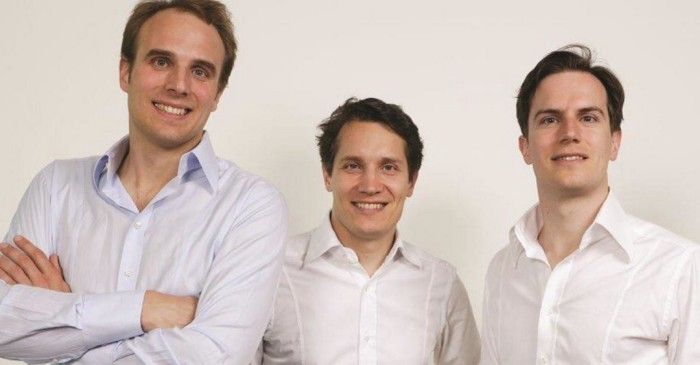Did you know that in 1999, a copycat version of popular site eBay was created in Germany? The site was called Alando, which was then purchased by eBay within 4 months for $43 million! Sounds like a whole lot of money for just a copycat site right? The people behind this were The Samwer Brothers, infamous for cloning businesses and mimicking innovation. And eBay for them was just a start.
Background
If you aren’t familiar with The Samwer Brothers, they are known as one of the most successful internet entrepreneurs. The German brothers; Oliver, Marc, and Alexander have made a name for themselves in the industry by building high-growth companies that were acquired by eBay, Groupon, and News Corporation.
However, they labeled as cheats because they replicate and clone existing companies. They aren’t the only ones that have indulged in such an act. In the past several businesses have cloned others and made millions of it. However, The Samwer Brothers have made the biggest headlines. They are called the “clone” kings, as they simply copy existing high-growth web companies from Airbnb to Pinterest – often selling the businesses back to the people who originated the idea. Let’s take a look at the major clones The Samwer Brothers have made.

Also Read: 7 businesses that cloned others and made millions
The eBay Story
The cloning model that the brothers so effectively developed over the years started off with the cloning of eBay. In 1998, Marc Samwer noticed how a vast majority in his office was using eBay. He discussed the potential of having their very own eBay in Germany with his brothers. After a few brainstorming sessions, the brothers decided that eBay would definitely work in the German marketplace.
The brothers claim that they tried reaching out to eBay with their idea. They sent several emails to eBay asking them to establish its operations in Germany and hire them to run it. However, they received no response from them and hence returned to Germany and got three friends on board to develop their own online auction platform.
A month later, Alando was born. The site started gained attention all over and a couple of months later eBay came knocking and acquired Alando for $43 million.
StudiVZ and Facebook
The Samwer brothers backed and invested in a Facebook clone called StudiVZ. The platform was a carbon copy of Facebook with the only difference being the red theme instead of the blue one. The company gained traction in German speaking countries very quickly and was then sold for $100 million in 2007. Facebook went on to sue StudiVZ for copying their platfrom, however, by then The Samwer Brothers had already made bank and moved on.
CityDeal and Groupon
CityDeal, which was invested in by Rocket Internet, the incubator of the Samwer brothers, was a replica of Groupon. It became a market leader in Europe in less than half a year. Groupon went on to buy CityDeal for $170 million five months after CityDeal’s inception.
Airbnb VS Samwer Brothers
In 2011, The Samwer Brothers launched Wimdu, an Airbnb clone. Following their earlier strategy, the brothers looked to scale the company to the point where Airbnb would see it as a threat and hence purchase it. However, that did not happen. Airbnb instead refused to acquire the cloned startup.
Founder Brian Chesky knew that The Samwer Brothers’ approach was to only clone and sell, they weren’t interested in growing or scaling. Hence, Airbnb would survive and succeed if it stayed true to its purpose. And that is exactly what happened. Airbnb played the long term game and ended up having a better product and team.
Also Read: The Story behind Airbnb laying off 25% of its Employees
Conclusion
The Samwer Brothers also went on to clone companies like Amazon and Pinterest. In 2007, they founded Rocket Internet, their Berlin-based incubator that successfully created and backed cloned companies. Whether The Samwer Brothers can be termed as successful entrepreneurs is another debate altogether. They have indeed made millions off of each of their deals and have gone on to become billionaires. Forbes estimates that each of The Samwer Brother’s net worth is about $1.2 billion. They have also used their profits to invest in Facebook, LinkedIn, Zynga, and more over the years. However, what stays is the fact that they certainly have set a bad example by mimicking innovation. The introduction of new ideas has to be facilitated, not limited. And that is the takeaway from this for me. What do you think?
If you have any questions or want to share your thoughts, then do leave a comment below. Or reach out to us at PACE Business.





